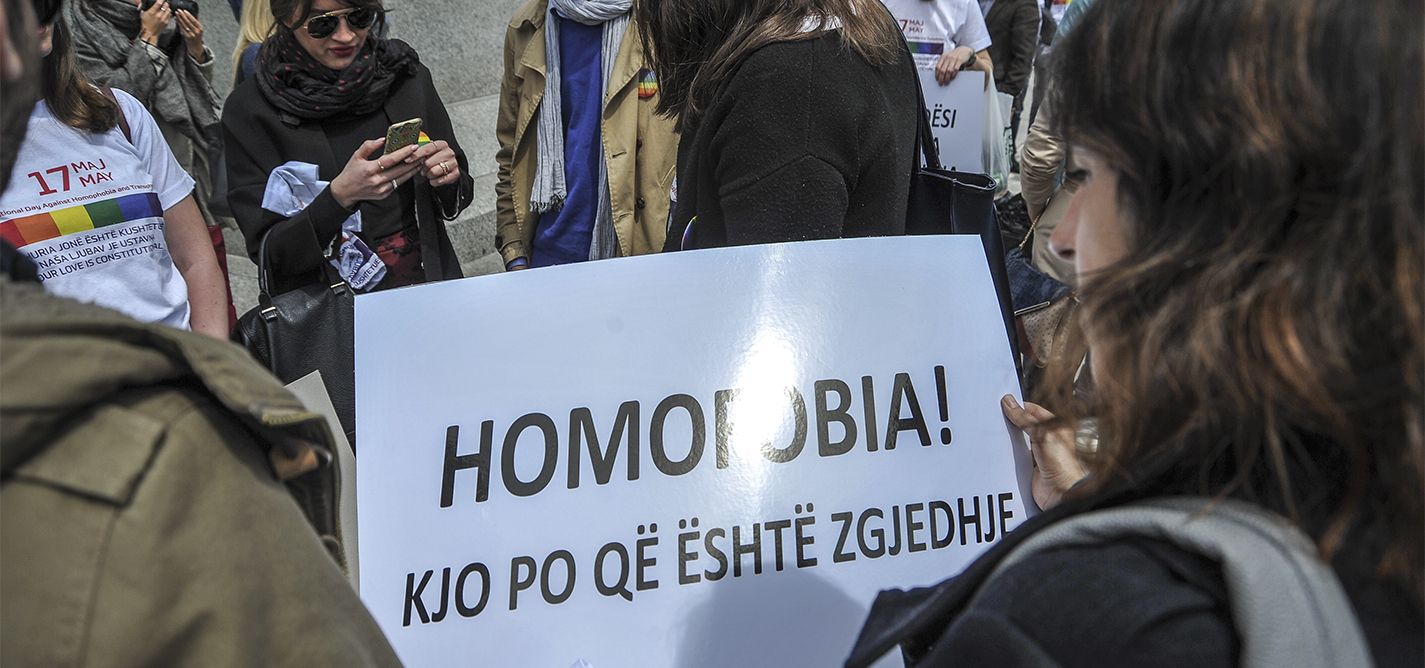
Letting go of prejudice
How five young Kosovars put homophobic views behind them.
I would often get mad at him for hiding things from me, until one day he admitted that he likes guys. I was a bit shocked. It was very unexpected.
The only time we spoke about homosexuality with our friends was when we wanted to tease or insult someone.
Nothing distinguishes us.
Fortunately my generation had internet access, so were immediately a step ahead of our parents and teachers.
Tringa, 32We didn’t even know the words ‘lesbian,’ or ‘homosexual,’ or ‘transexual.’

Dardan Hoti
Dardan Hoti has ten years of experience in journalism, covering mainly human rights, with a particular focus on LGBT+ rights. In 2013, he won the Journalism Poverty Prize, awarded by the United Nations Kosovo Team. Between 2014 and 2021, Dardan was a board member of the Kosovo Journalists Association. He is the researcher and producer of the documentary “As I Was Looking Above, I Could See Myself Underneath”, exploring the lives of LGBTQ persons in Kosovo. In 2018, he was one of the beneficiaries of K2.0’s Human Rights Journalism Fellowship
This story was originally written in Albanian.